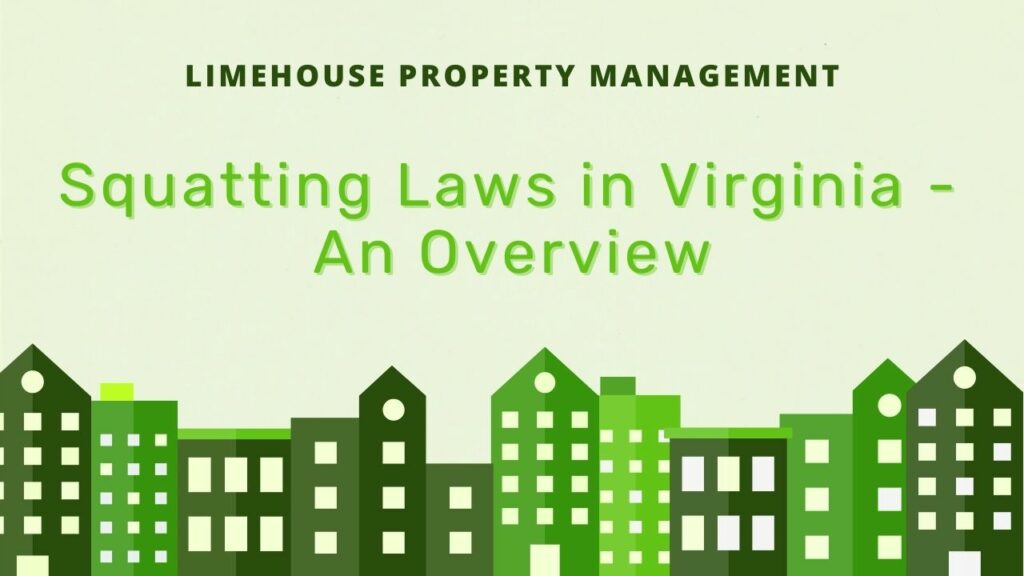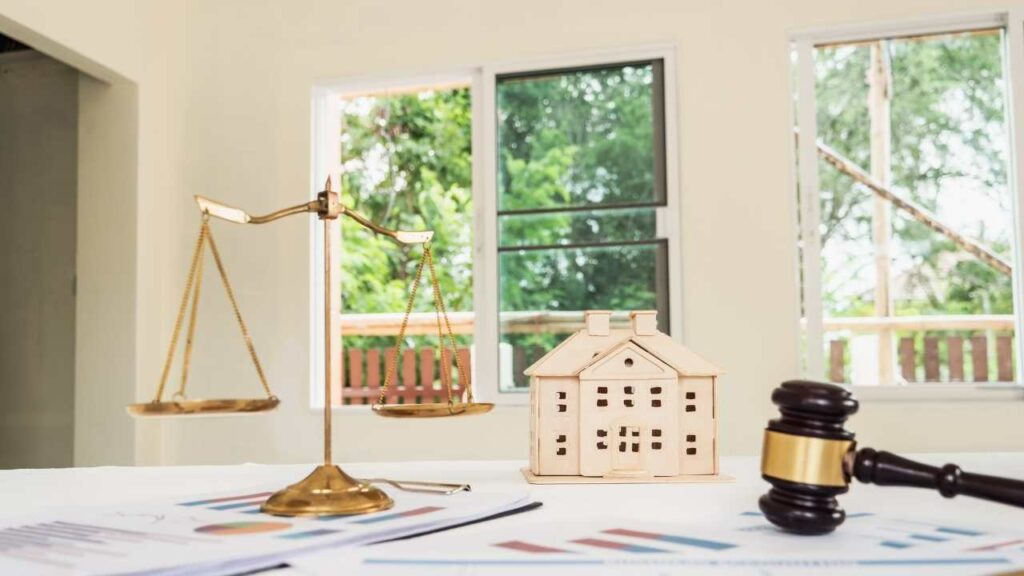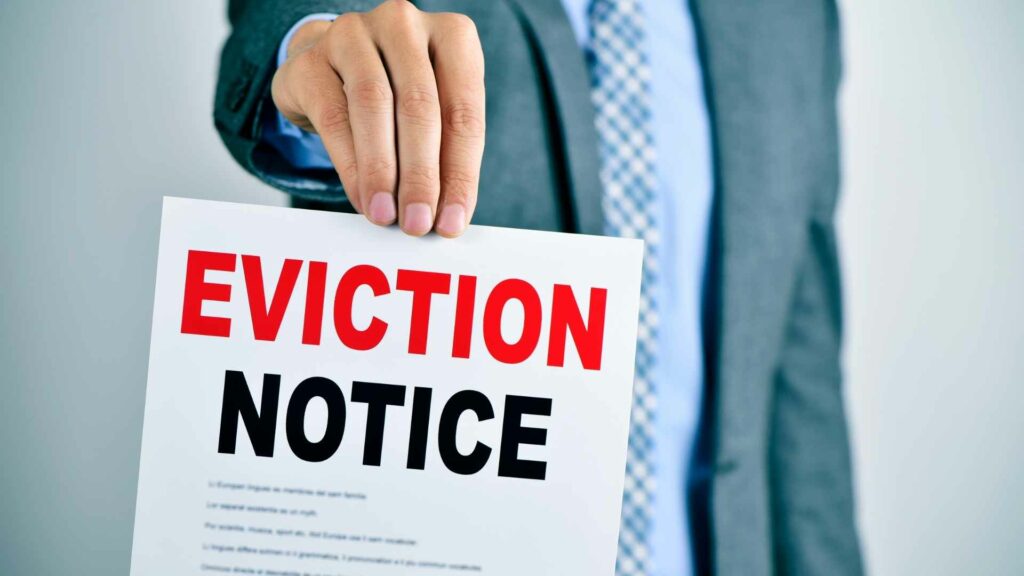Squatting Laws in Virginia – An Overview

Squatters have rights in the state of Virginia. Adverse Possession allows a squatter to file a legal claim on a property they have occupied for a certain period of time.
If the claim succeeds, the squatter can become the actual property owner. And this may happen despite the squatter not holding any deed or legal title to the property, nor paying any rent.
In this post, we are going over everything you need to know about squatters in Virginia.
Who is Considered a Squatter?
Virginia considers a squatter to be someone who occupies a property without the owner’s knowledge. More often than not, squatters occupy properties that have been foreclosed, abandoned, or are simply unoccupied.
Since they don’t have the owner’s permission, squatters also don’t have any obligation to pay rent.
What are Squatter’s Rights in Virginia?
To gain squatters’ rights, a squatter is required to occupy a property for a certain period of time. In Virginia, the continuous period of occupation is 15 years (Va. Code Ann. § 8.01-236,237).

In addition, a squatter must also occupy the property in a specific manner in order to gain rights as a squatter.
The conditions are as follows:
1. The claim needs to be hostile.
In property law, ‘hostile’ takes a different meaning from the conventional one. It’s defined in three ways: Simple Occupation, Awareness of Trespassing, and Good Faith Mistake.
Most states, including Virginia, go with the first definition: Simple Occupation. This means the squatter doesn’t have to know who the land belongs to.
2. The possession needs to be actual.
The squatter needs to have a physical presence on the property. In addition, they need to treat the property like the owner would. Any property improvements, such as landscaping or fencing, can be used to prove actual possession.
3. The possession must be obvious.
Under the Open & Notorious doctrine, a squatter needs to make their occupation obvious to anyone. Even the neighbors and the actual property owner should be able to determine that there is indeed someone living there.
4. The possession must be exclusive.
The squatter must also possess the property exclusively. They must not share it with other squatters, or strangers.

5. The possession must be continuous.
As already mentioned, squatters in Virginia need to occupy a property for at least 15 years in order to qualify for an adverse possession claim. Additionally, this period must be uninterrupted.
Uninterrupted means that the squatter must not have left at any point during their occupation.
How Can you Protect Yourself Against Squatters in Virginia?
The following are some tips on how you can keep squatters off your Virginia property:
- Regularly inspect the property.
- Make sure you pay property taxes without unnecessary delays.
- Ensure the property is secured. Before leaving, make sure you have blocked all access points.
- Take action immediately if you notice squatters living on the property. That could be in form of calling the police or involving a qualified attorney.
- Offer the squatter an option to rent the property.
How to get Squatters out of your House
No specific laws in Virginia exist to remove squatters. Instead, you must follow the same judicial eviction process you would follow when evicting a tenant.
The Virginia eviction process begins with an eviction notice.
Ideally, the 5-Day Notice to Pay is the most suitable notice to remove a squatter. In the notice, you must outline all due rent the squatter must pay in order to continue living on the premises.

If the squatter doesn’t pay within the 5 days and continues living on the premises, you can continue with the process by moving to court and filing a complaint. After notarization, a process server will be engaged to serve a summons on the squatter. A squatter may choose to extend their time on the property by trying to fight their eviction.
They may do so by offering defenses such as:
- The landowner tried to ‘self-evict’ them from the property.
- The eviction process had errors.
However, the judgment will likely be in the landowner’s favor. At that point, the court will grant you a Writ of Eviction. This will be the squatter’s last notice to leave your property.
If they still don’t leave after the notice expires, the sheriff will forcefully remove them on your behalf.
Please note that, even as the landlord, you cannot evict a squatter on your own. You must not engage in ‘self-eviction’ tactics such as:
- Turning off the utilities
- Changing the locks
- Removing the squatter’s belongings from the property
Doing any of these things is illegal.
After the squatter has left your Virginia property, you may notice that they have left behind some personal belongings. In such a case, you must provide the squatter with a 10-day notice to claim the property. After the 10 days, you can dispose of their belongings in any manner you see fit.

Bottom Line: Virginia Squatters Rights
Understanding the Virginia squatting laws is crucial.
If you aren’t careful, squatters can gain possession of your property.
We hope this article about squatting laws in Virginia was helpful! If you want to learn more about laws, read our blog on landlord-tenant laws here.
Should you have any further questions, feel free to contact Limehouse Property Management.
Disclaimer: This blog isn’t a substitute for professional legal advice. Laws change and this information may not be updated at the time you read it. For expert legal advice regarding squatting laws in Virginia, get in touch with Limehouse Property Management.
